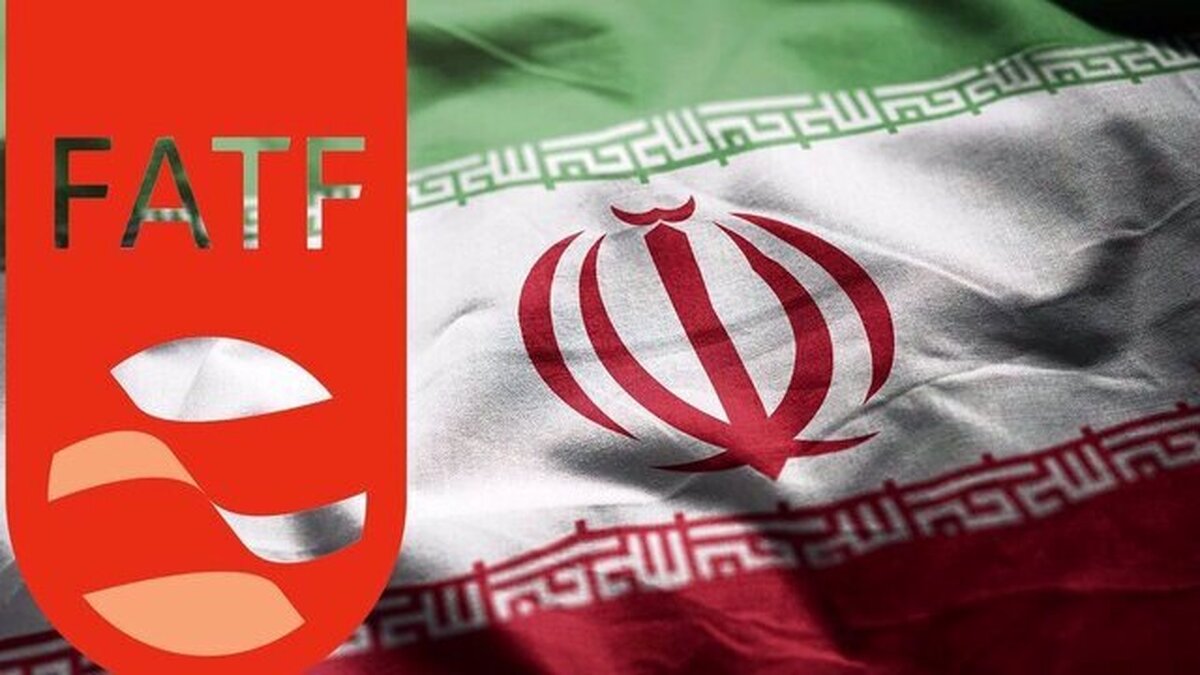
German Support for Iran’s AML/CFT Efforts
EghtesadOnline: With the next plenary meeting of the intergovernmental Financial Action Task Force in sight, which will also rule on Iran’s cooperation with the anti-money laundering body, the country could count on another European state to defend its record in implementing anti-money laundering measures and combating terrorist financing.
In a meeting with Central Bank of Iran’s Governor Valiollah Seif on Tuesday, Michael Klor-Berchtold, the German ambassador to Tehran, expressed confidence in Iran’s progress in AML and CFT efforts.
France had also in the past expressed its support for Iran’s AML/CFT efforts with the president of the French National Assembly saying in 2016 that the EU state was willing to share its experience regarding the implementation of FATF standards with the Islamic Republic.
In Tuesday’s meeting, according to Financial Tribune, Seif noted that Iran will outline the positive steps it has taken to better adhere to regulations devised by the FATF, stressing that the country “anticipated a favorable ruling”.
“We further expect Germany and Europe to support Iran so that the decision is not politicized,” he was quoted as saying by CBI’s website.
As per a deadline set by FATF, Iran has until Jan. 31 to fulfill its AML/CFT commitments and in line with this, it has boosted efforts in recent months with President Hassan Rouhani submitting to parliament amendments to Iran’s existing laws and two bills aimed at joining Iran to United Nation’s related treaties that have since been reviewed by lawmakers.
FATF members suspended the implementation of active countermeasures against Iran in June 2016 in a ruling that was extended this year as well, but Iran looks forward to a complete removal from the organization’s blacklist come February.
In his meeting with the CBI governor, Klor-Berchtold also pointed to US President Donald Trump’s policies on Iran and said Trump intends to create an atmosphere of uncertainty that could prove toxic for economic growth.
“I believe that the same trend will continue in May” when the next presidential approval of Iran’s nuclear deal is due, the ambassador said, even as Trump warned European allies and US Congress last week that he has issued his last sanctions waiver, effectively beginning a four-month countdown.
Support for JCPOA
However, Klor-Berchtold stressed that Germany supports safeguarding the nuclear deal, also known as the Joint Comprehensive Plan of Action, adding that maintaining it and implementing it in a way that the public feel its effects is of utmost importance.
“Germany can play an effective role in the [Iranian] economy” since Iranians are fond of German products, he said, noting that both countries should strive to find new ways to overcome these hurdles.
“We welcome any improvements in bilateral relations and hope that the sanctions will never be reimposed,” he said.
Seif emphasized the importance of improving banking ties to facilitate economic relations and said both sides must work to alleviate banking problems.
“At present, we have categorized Iranian banks in terms of standards and the central bank is ready to provide German banks with relative assurances by introducing them and controlling their risk,” he added.
The CBI chief, who also heads the financial decision-making body Money and Credit Council, pointed out that Iranian banks are eager to open branches in Germany and prefer it over other European nations.
Two Iranian private banks, namely Middle East Bank and Sina Bank, are currently planning to open branches in Munich while Bank Sepah already has an active branch in Frankfurt.
In his meeting with the German ambassador, Seif referred to the fact that Iran is at the center of a 400-million-strong market in the Middle East and combining the technology and craftsmanship of Germany with that market will yield effective results.
In conclusion, Seif said he met Deutsche Bundesbank Chief Executive Jens Weidman as part of the recent meetings of the International Monetary Fund, and invited his German counterpart to visit Iran.
Austrian Ambassador’s Visit
In a separate meeting with another West European ambassador, Seif conferred with the Austrian ambassador in Tehran where both sides emphasized the necessity of preserving the nuclear deal.
Seif asked for the Austria’s support in the upcoming FATF meeting and steer the discussion toward “technical” AML issues instead of “political” considerations.
Stefen Schultz also expressed the desire of his country’s businesses to have a presence in Iran’s economic fields.


